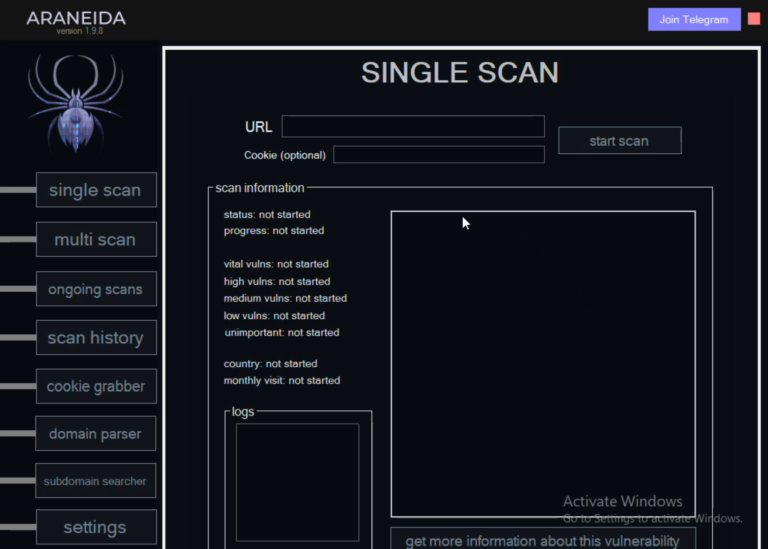
Chinese cyber spies have been recording telephone conversations of high-ranking American politicians, according to Anne Neuberger, Deputy National Security Advisor for Cybersecurity and Emerging Technologies in the United States.
Neuberger emphasized that Operation Salt Typhoon, aimed at gathering intelligence, primarily targeted political figures. She noted that the spies focused extensively on telephone communications but refrained from disclosing the specific identities of their targets.
Previously, Neuberger confirmed that the Salt Typhoon campaign had compromised several American telecommunications companies, as well as organizations in dozens of countries. The hackers’ actions were directed at key government officials and corporate data of intellectual significance.
Additionally, representatives from the FBI and CISA reported that Chinese hackers had stolen a substantial amount of metadata along with a limited volume of personal communications, including phone calls and text messages. The primary victims were individuals associated with governmental and political processes.
Moreover, Salt Typhoon operatives gained access to data interception systems utilized by law enforcement agencies. However, this aspect was not the central focus of the campaign. An FBI spokesperson remarked that the campaign’s objectives were initially broader in scope.
In November, leaders of major American telecommunications companies convened at the White House to discuss the extensive breach of communication systems by Chinese hackers. The Salt Typhoon group had quietly infiltrated the networks of leading U.S. telecommunications firms for nearly a year.
Salt Typhoon (also known as GhostEmperor and FamousSparrow) has been active since 2020, engaging in data theft and espionage, particularly intercepting internet traffic. Most of their targets are located in North America and Southeast Asia. Other Chinese hacking groups, such as Flax Typhoon and Volt Typhoon, have similarly attempted to breach critical U.S. infrastructure in preparation for potential cyberattacks.


